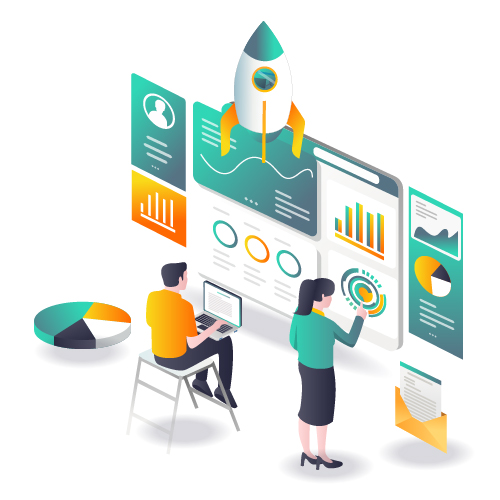Excerpt
The World Bank has approved $9.5 billion in operations to assist vaccination rollout in 77 countries as of June 15, 2022.
Article Summary
The World Bank Group is collaborating with partners on the world’s largest vaccine programme to combat the COVID-19 pandemic. The World Bank’s Board of Executive Directors adopted a $6 billion Global COVID-19 Response Program on April 2, 2020, during the initial COVID-19 response phase (also called the COVID-19 Strategic Preparedness and Response Program, or SPRP). Over 100 nations have been covered by the program’s emergency operations to prevent, identify, and respond to COVID-19, as well as build public health preparation systems. When the SPRP was approved, the timetable of potential vaccine development was unknown, but worldwide vaccine development efforts moved quickly.
Recognizing the need for COVID-19 vaccinations, the World Bank Board approved an additional $12 billion in funding to the SPRP for developing countries on October 13, 2020, to help fund the procurement and distribution of COVID-19 vaccines . President Malpass announced on June 30, 2021 that funding for the COVID-19 vaccine would be increased to $20 billion over the following 18 months, an increase of $8 billion over the previously promised $12 billion.
The World Bank’s quick mobilisation of vaccine finance aims to facilitate inexpensive and equitable vaccine purchase and deployment while also signalling to potential providers that the Bank can help. Such a promise encourages vaccine manufacturers to give low-cost vaccines to developing countries. Vaccine financing is available to all qualified Bank client nations (IBRD/IDA) within their present lending envelopes for IDA countries and exposure restrictions for IBRD. At the global and country levels, the World Bank Group is collaborating with COVAX, WHO, UNICEF, and other partners to support IDA and IBRD countries. Countries can utilise this funding to pay COVAX, including for the procurement of additional doses above the 20% offered by COVAX as countries strive for higher levels of coverage.
The $4 billion Global Health Platform of the International Finance Corporation (IFC) assists private enterprises in delivering health products and services to developing countries, including vaccines. This includes investments in vaccine manufacturers to promote expanded COVID-19 vaccine production in low- and middle-income countries, with production reserved for emerging markets; the ability to invest in production to address other potential bottlenecks, such as vials, needles, and syringes, as well as cold storage capacity; and support for mapping COVID-19 vaccine manufacturing capacity.
The method is based on the World Bank Group’s experience with large-scale immunisation campaigns for vaccine-preventable diseases, as well as public health programmes to combat infectious diseases like HIV, TB, malaria, and neglected tropical diseases.




